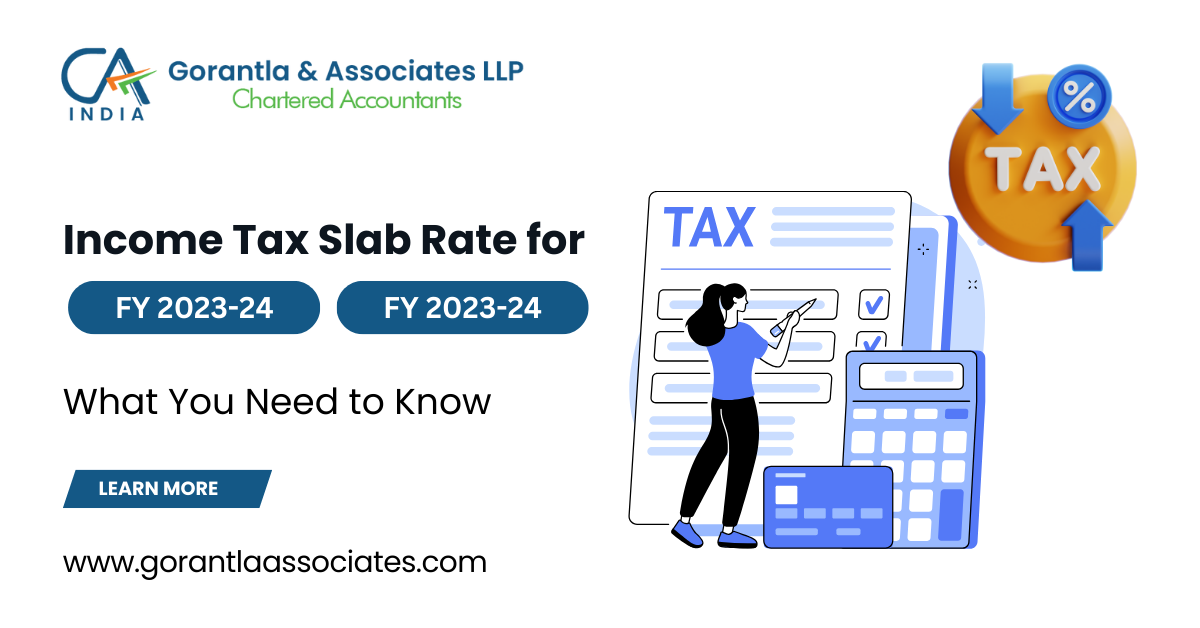
The Finance Bill 2024, introduced in the Lok Sabha, seeks to implement the financial proposals of the Central Government for the fiscal year 2024-25. This bill includes a variety of significant amendments to the existing tax laws, aiming to address current economic challenges and streamline tax administration. Below, we highlight the key components and changes proposed in this important legislative document.
The Finance Bill 2024, presented by the Finance Minister Nirmala Sitharaman, aims to give effect to the financial proposals for the year 2024-25. The bill encompasses a broad range of amendments to direct and indirect taxes, reflecting the government’s commitment to fostering economic growth and enhancing fiscal stability.
2. Income Tax Amendments
The bill introduces several changes to the Income-tax Act, focusing on various sections to improve tax compliance and administration. Key amendments include:
- Section 2: Definitions, particularly the definition of ‘dividend,’ have been revised.
- Section 10, 11, 12A, and 12AB: Amendments to provisions related to income exclusions and exemptions.
- Section 37 and 40: Modifications in allowable deductions and disallowances.
3. Corporate Tax Adjustments
Adjustments to corporate tax regulations are another crucial aspect of the Finance Bill 2024. These include:
- Section 115BAC: Changes in the alternative tax regime for individuals and Hindu Undivided Families (HUFs).
- Section 115QA: Adjustments concerning tax on distributed income by domestic companies.
4. Enhancements in Tax Deduction and Collection
The bill proposes enhancements to the tax deduction at source (TDS) and tax collection at source (TCS) mechanisms:
- Section 194: TDS on dividends and other specified payments.
- Section 194-O: Provisions for TDS on payments by e-commerce operators.
5. Amendments to Indirect Taxes
In the realm of indirect taxes, the Finance Bill 2024 seeks to streamline GST and customs duties:
- Central Goods and Services Tax (CGST): Amendments to sections 9, 10, and 16 to clarify the applicability and administration of GST.
- Customs: Changes in sections 25 and 28 to enhance the efficiency of customs duty collection and compliance.
6. The Direct Tax Vivad se Vishwas Scheme
A noteworthy inclusion is the Direct Tax Vivad se Vishwas Scheme 2024, which aims to resolve pending tax disputes amicably. This scheme outlines:
- Declarations: Procedures for filing declarations and payment of disputed taxes.
- Immunity Provisions: Conditions under which taxpayers are granted immunity from penalty and prosecution.
The Finance Bill 2024 represents a comprehensive effort by the Indian government to refine the tax structure, promote compliance, and boost economic growth. By addressing both direct and indirect taxes, the bill aims to create a more equitable and efficient tax system.
This overview encapsulates the essence of the Finance Bill 2024, highlighting the critical changes that taxpayers and businesses should be aware of. As the bill progresses through the legislative process, further details and refinements are expected, which will be crucial for stakeholders to understand and adapt to the new tax landscape.
Visit to know more about finance bill : www.gorantlaassociates.com






